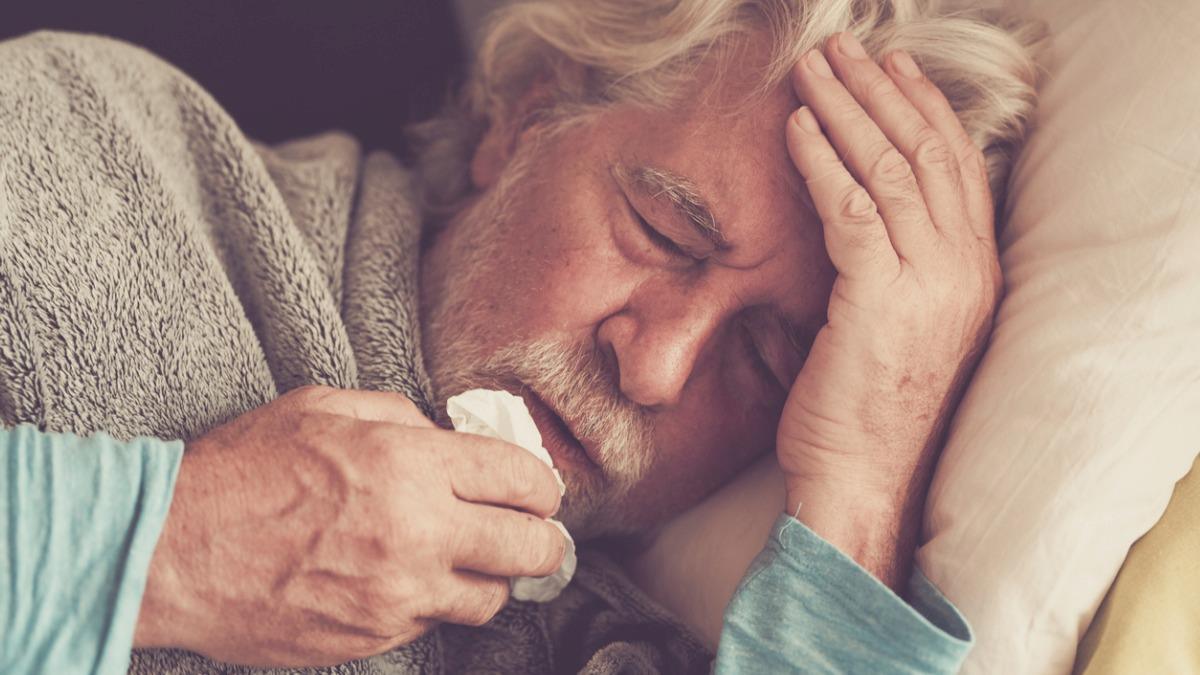
Tips For Fighting The Common Cold
Getting a cold is inevitable, but that doesn't mean you must suffer if you’re sick. Common colds are treatable, and understanding how they start and spread can help you ward them off and stay healthy.
Understanding The Common Cold
As the name suggests, common colds are a typical part of life, especially during winter. Colds are minor infections from viruses that affect the nose and throat. More than 200 different viruses can cause a cold, which is why they are so prevalent. Since so many types of viruses cause colds, the symptoms may vary but generally include sinus congestion, sneezing, scratchy throat, and coughing. Older adults may experience more intense symptoms, especially if they have a condition that has weakened their immune system.
Most colds go away after a few days or weeks. However, in some cases, like older adults with weakened immune systems, the cold virus can lead to other infections. A few common complications that may arise from a cold are:
- Acute bronchitis is a short-term condition that happens when there’s inflammation in the lungs’ airways. It causes a mucus-filled cough and may make breathing more difficult.
- Pneumonia is a lung infection that causes the air sacs of the lungs to fill with fluid. Symptoms of pneumonia often include coughing, fever, or trouble breathing.
A Cold Or The Flu?
The flu is similar to the common cold. However, only an influenza virus can cause the flu, whereas the common cold comes from many viruses. It can be challenging to tell whether you have the flu or a cold, but the biggest differences are the symptoms and how quickly you feel them.
Cold symptoms start mild and increase throughout three or four days, whereas flu symptoms are abrupt and hit you immediately. Congestion and body aches are common in both the flu and colds, but a fever, intense body aches, headaches, and chills are more likely signs of the flu.
Treatment Tips For Colds
Unfortunately, if you have a cold, there is no treatment to make it go away faster. Colds get better with time, and minimizing the symptoms is the best way to treat a cold. You can help your body get better from colds by:
- Taking over-the-counter medicines (check with your doctor or pharmacist if you take any other medication)
- Getting plenty of sleep and rest (don’t overexert your body)
- Drinking fluids like water or beverages high in electrolytes, such as coconut water
- Eating warm foods like soups to help relieve congestion
Should I Visit The Doctor?
It’s never a bad idea to visit your doctor if you have a cold. Your doctor may prescribe you antibiotics or other medications to relieve symptoms that could work better than over-the-counter options.
You should visit the doctor if your symptoms last longer than ten days, you’re having trouble breathing, or you have a chronic condition such as asthma that is feeling worse because of your cold.
How Visiting Angels Can Help
Dealing with a cold can make taking care of yourself more challenging than it needs to be. Thankfully, with help from Visiting Angels, you can focus on recovering while our caregivers take care of light housekeeping, cooking, and other household tasks. Our caregivers can also provide medication reminders, transportation to doctor’s appointments, and mobility assistance if your body feels weak from your cold.
Our Cullman office assists seniors throughout Cullman and the surrounding counties. You can contact us to learn more about our at-home care services or to schedule your complimentary consultation to discover how caregiving can fit into your life.
